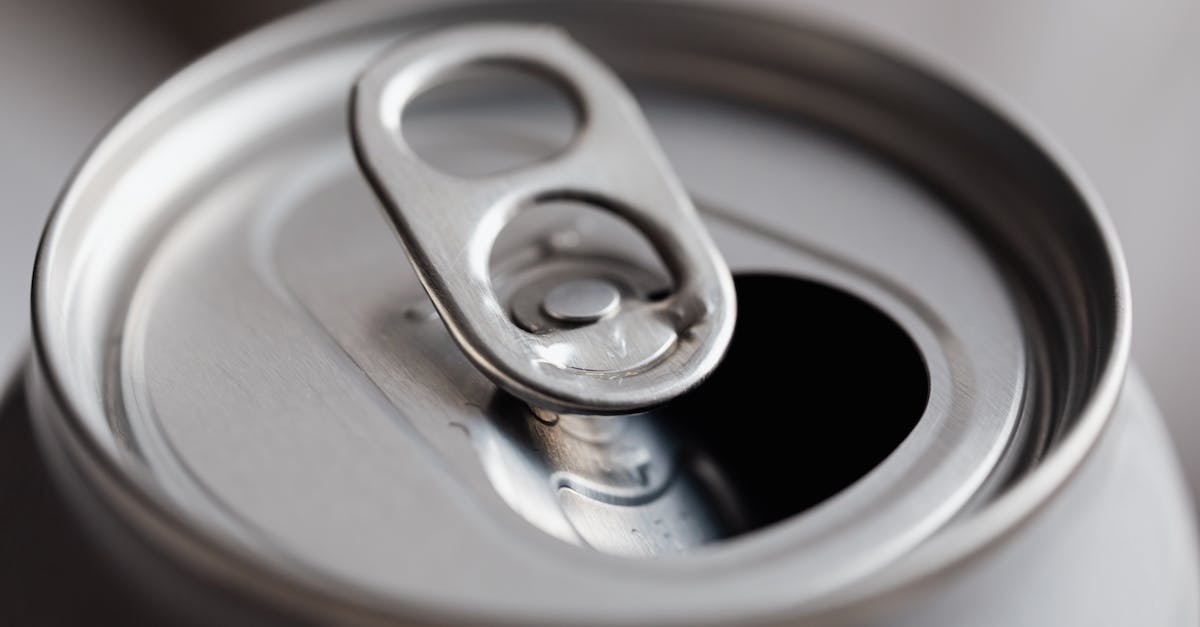How Charles is shaking up the monarchy with his packed second day as King

Hello, everyone!
As you may know, the final contours of the trade pillar are still being decided before it formally associates with that track. Britain’s King Charles III attends the Accession Council at St James’s Palace today, where he is formally proclaimed Britain’s new monarch, following the death of Queen Elizabeth II.
In taking up these responsibilities, King Charles III has stated that he will strive to follow the inspiring example set by Queen Elizabeth II in upholding constitutional government and to seek the peace, harmony and prosperity of the peoples of these islands and of the Commonwealth realms and territories throughout the world.
1. What is the Accession Council?
The Accession Council is a body of senior parliamentarians, religious leaders, and members of the royal family who assemble to declares a new monarch is the rightful heir to the throne following the death or abdication of the previous monarch.
The council has not been convened since Queen Elizabeth II’s accession in 1952, but it was decided that it would be convened following the death of her father, King George VI.
The council met on February 6, 1952, the day after Elizabeth’s accession, in the presence of the new queen.
2. What is the significance of the Accession Council in relation to the British monarchy?
The Accession Council is a very important part of the British monarchy. It is a group of people who are appointed by the monarch to help them during their reign. The Accession Council is responsible for advising the monarch on a variety of matters, including the coronation, succession, and other important aspects of the monarchy. The Accession Council is also responsible for ensuring that the monarch is properly prepared for their role.
3. Who will be proclaimed Britain’s new monarch at the Accession Council?
The Accession Council is a body of individuals responsible for proclaiming Britain’s new monarch. On Charles’ packed second day as King, a private meeting was held with no cameras present. This break from tradition has raised some questions about who will be proclaimed Britain’s new monarch at the Accession Council.
4. Why is King Charles III attending the Accession Council?
As we all know, Charles, the Prince of Wales, is set to become King Charles III following the death of his mother, Queen Elizabeth II. While Charles has been heir to the throne for his entire life, he has only recently begun to take on more royal duties as his mother has begun to slow down in her later years.
Now that Charles is set to become king, he is attending the Accession Council, which is a traditional meeting of the country’s senior officials to mark the beginning of a new reign. However, this year’s meeting is particularly noteworthy as it is taking place during a time of great change and uncertainty in the UK.
5. What is the importance of constitutional government in Britain?
The British Constitution is the set of rules that governs how the country is run. It sets out the powers of the different parts of government, and how they can work together. It also protects the rights of individuals.
The Constitution is not a single document. It is made up of a number of different sources, including laws, court judgments, and conventions.
The Constitution is important because it sets out the rules for how the country is governed. It makes sure that power is shared between different parts of government, and that the rights of individuals are protected.
The Constitution is not always easy to change.
6. What is the role of the monarch in relation to the British Constitution?
It is interesting to note that Charles’ packed second day as King included a private meeting with no cameras present. This is a break from tradition and highlights the role of the monarch in relation to the British Constitution. The Monarch is the head of state and is responsible for upholding the Constitution. In this capacity, the Monarch plays an important role in ensuring that the government is held accountable to the people. The Monarch also has the power to dissolve Parliament and call new elections. This power is used sparingly, but it is an important check on the government’s power. The Monarch also serves as a symbol of national unity and is a focus of national pride.
Quick Summary
In conclusion, while the death of Queen Elizabeth II marks the end of an era, it also heralds in a new one. Prince Charles has now officially taken his place on the throne and is ready to begin his own reign. We hope that it will be a long and prosperous one.








